ElasTest Partners
The ElasTest project is being developed by a consortium of european academic institutions, research centers, large industrial companies and also SMEs. In the following subsections the partners are described in detail:
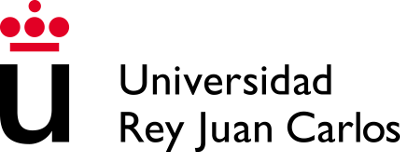
Universidad Rey Juan Carlos (URJC)
URJC is the most important university in southern Madrid area having more than 36,000 students and 2,000 staff. URJC has an intensive research activity having participated in more than 20 European projects 6 of which have been led by the institution. URJC has one of the top research groups in Europe in the area of FOSS (Free Open Source Software) for multimedia, communications and the Internet. This group maintains frequent collaboration with many industrial partners such as Ericsson, Facebook, Telefónica, Vodafone, NEC, SATEC, Zed Worldwide or Samsung. URJC members has experience in participation on different European projects such as QualiPSo, Qualos, FlossMetrics or EDUKALIBRE, FIWARE, FI-CORE, NUBOMEDIA and on important national projects such as CLOUDS, SUPERIMS or AFICUS. As a result of these efforts, the researchers participating in ElasTest project has accumulated deep knowledge and experience on the foundations of open source software and open source communities. Thanks to it, it is currently leading the Kurento.org community (http://www.kurento.org), which provides the Kurento Media Server: the worldwide leading WebRTC media server which provides a unique set of features suitable for building complex multimedia applications in a simple and effortless way. One of the main assets of the Kurento Community is the Kurento Continuous Integration system: a full featured built and testing system suitable for performing complex tests evaluating many functional and non-functional features of multimedia applications including scalability, QoS, robustness, etc. The results of this project will enrich Kurento and Kurento will be helpful for the dissemination of this project results.

Fraunhofer FOKUS (FRAUNHOFER)
Fraunhofer Institute for Open Communication Systems FOKUS is researching and developing application-oriented solutions for partners in industry, research and public administration in various ICT fields including the communication technologies and services and their interoperability, architectures and protocols of future communication networks and platforms, interactive technologies for individual and community applications, measuring and testing of distributed telecommunication and software systems. Fraunhofer FOKUS develops innovative processes from the original concept up to the pre- product in companies and institutions. With an expertise of more than 20 years, Fraunhofer sees itself as a link between university research on the one hand and industry and public administration on the other.

Technische Universität Berlin (TUB)
Technische Universität Berlin (TUB) is one of the largest technical universities in Germany and member of TU9, a network of the leading Institutes of Technology in Germany. The Next Generation Networks (NGN) chair – Architektur der Vermittlungsknoten (AV) was founded in 2004 and is led by Prof. Dr. Thomas Magedanz. It works on educating Masters and PhD students and to carry out pioneering and sustainable research based on fundamental principles, architectures, components, interfaces, and protocols at the network and application layers. Being active in many international research projects under the banner of the European Commission's FIRE, FI-PPP and Cloud research frameworks, (such as OpenLab, Fed4FIRE, XIFI, Fantaastic, TRESCIMO, CI-FIRE, BonFIRE, PII, NUBOMEDIA, Mobile Cloud Networking, SoftFIRE and Embers), AV has started a set of joint research activities in the context of realizing a service oriented secure Future Internet and next generation mobile network (5G), which can be witnessed in its Future Internet laboratory. Hot topics currently covered include next generation networks to Future Internet migration and interworking (NGN2FI), semantic FI federation and management, FI security and identity management, FI QoS and emergency services support, FI client and network APIs and service composition, FI Services Delivery in federated provider environments. A particular focus has been set to the development of 5G related toolkits in conjunction with the Fraunhofer institute FOKUS such as OpenMTC (IoT), OpenSDNCore (SDN), Open Baton (NFV) and the Open5GCore.

Consiglio Nazionale delle Ricerche (CNR)
The Italian National Research Council (CNR) is the main public research body of Italy, carrying out, promoting and transferring multidisciplinary research through a network of more than one hundred institutes all over the Country. ElasTest will involve researchers from ISTI, the CNR Institute of Information Science and Technologies (http://www.isti.cnr.it/), located in the CNR Research Area of Pisa. Constituted in 2002 as a merger between the two internationally renowned former Institutes CNUCE and IEI, ISTI is today the largest Italian research institute working in the area of information science and technologies, strongly committed to producing scientific excellence and to playing an active role in technology transfer and education. The backbone of ISTI organization is constituted by thematic groups structured into focused Research Laboratories (RLs) and Technology Centers (TCs). ElasTest will be carried out by the Software Engineering and Dependable Computing (SEDC) laboratory which gained considerable experience in European collaborative research, by participating in several past and current projects in fields of particular relevance to the objectives of ElasTest, including: process and product verification and validation (V&V), services and systems engineering, validation of service oriented architectures, component based testing and software quality assessment. The SEDC group (http://sedc.isti.cnr.it) brings in a solid expertise and a long outstanding research curriculum in software and services engineering, specifically non-functional testing and monitoring, methods and tools for testing and analysis, service-oriented architectures and service compositions. They are leading the EU FP7 Learn PAd (Model-Based Social Learning for Public Administrations) project and have been involved with different roles in national and European projects FP6-FP7 including IP CHOReOS, FET CONNECT, NESSoS, Presto4u, SmartC2Net, TENACE, IP TAS3, STREP PLASTIC. In addition to research projects, members of the group are actively involved in dissemination, by direct involvement in the flagship scientific events in software engineering and testing (ICSE, ESEC/FSE, ISSTA), and in organizing conferences and workshops on frontier topics.
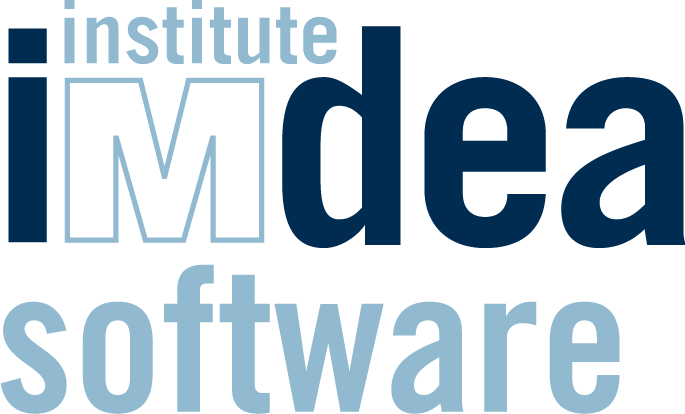
IMDEA Software Institute (IMDEA)
The IMDEA Software Institute is an independent research institute promoted by the Regional Government of Madrid with the objective of performing research in Computer Science. It is a member of the Madrid Institute for Advanced Studies (IMDEA) network, together with six other institutes dedicated to promoting excellence in research and technology transfer in the key strategic areas (energy, food, materials, nanoscience, networks, and software). The mission of IMDEA Software is to perform the research required to devise foundations, techniques, and tools to develop software products with sophisticated functionality and high quality in a cost-effective manner. To this end The IMDEA Software staff includes around 30 tenured, contracted and post-doctoral researchers, and 60 researchers in total, including research assistants and interns. The Institute has a long-term strategic cooperation agreement with the Technical University of Madrid (UPM) and a number of major industrial partners, including Boeing Research Europe, Microsoft Research, the US Office for Naval Research, Telefónica, Atos, Indra, BBVA, LogicBlox, and Absint, some of them taking part of EIT Digital's Spanish node, of which IMDEA Software is coordinator.
Finally, IMDEA Software hosts at its headquarters the Associate Partner Group in Spain of the EIT Digital (former ICT Labs). In particular, this includes some of the most prominent organizations in the field of ICT research, innovation and education in Spain (such as Telefónica Digital, Indra, Atos, UPM, and the Barcelona Supercomputing Center) as well as a business developer office that is aimed to support the technology transfer in multiple ways, notably by providing support for: 1) soft landing the first steps of young company; 2) business modeling; 3) bringing research results into a production environment; 4) strategic coaching; 5) accessing to finance links to venture capital and other forms of funding.
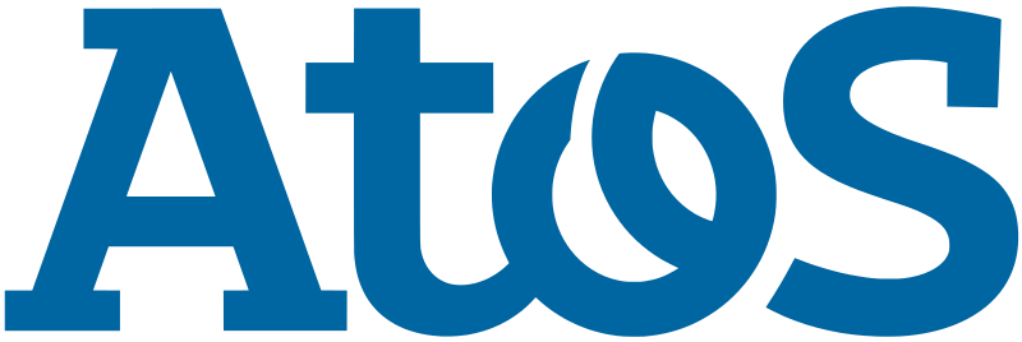
ATOS Spain (ATOS)
Atos SE (Societas Europaea) is a leader in digital services with 2014 pro forma annual revenue of circa €11 billion and 93,000 employees in 72 countries. Serving a global client base, the Group provides Consulting & Systems Integration services, Managed Services & BPO, Cloud operations, Big Data & Cyber-security solutions, as well as transactional services through Worldline, the European leader in the payments and transactional services industry. With its deep technology expertise and industry knowledge, the Group works with clients across different business sectors: Defence, Financial Services, Health, Manufacturing, Media, Utilities, Public Sector, Retail, Telecommunications and Transportation.
Atos is focused on business technology that powers progress and helps organizations to create their firm of the future. The Group is the Worldwide Information Technology Partner for the Olympic & Paralympic Games and is listed on the Euronext Paris market. Atos operates under the brands Atos, Atos Consulting, Atos Worldgrid, Bull, Canopy, Unify and Worldline. With the acquisition of BULL, Atos becomes the European leader in High Performance Computing (HPC) and becomes the largest Western European Cloud provider after Amazon. Its cybersecurity and big data portfolio was also significantly enhanced.
Atos Research & Innovation (ARI) is the R&D hub for emerging technologies and a key reference for the whole Atos group. With almost 30 years of experience in running Research, Development and Innovation projects, we have become a well-known player in the EU context. Our multidisciplinary and multicultural team has the skills to cover all the activities needed to run projects successfully, from scientific leadership to partnership coordination, from development of emerging technologies to the exploitation of project outcomes, with a strong focus on dissemination, innovation adoption and commercialization. Atos is a founding member of the European Technology Platform NESSI (Networked European Software and Services Initiative). Our company is a major partner in Future Internet-related initiatives being member of the FI PPP Steering Board and Industrial Advisory Board. Since 2014, Atos is a founding member of the Big Data Value Association (BDVA), assuming the roles of Vice-presidency and Deputy Secretary-general. We are also member of the 5G PPP Steering Board. Additionally, Atos is a member of NetWorld2020, NEM, Nanomedicine, ERTICO, CELTIC, NIS, EOS, LSEC, ETSI, OW2, OASIS, Cloud Security Alliance, Eurocities, etc. Finally, Atos is a core member of the KIC EIT HEALTH and an official member of the KIC EIT DIGITAL associated node Madrid. At national level, Atos is currently holding the Presidency and Secretary of PLANETIC for ICT, as well as the Vice-presidency of es.Internet for Future Internet technologies, and is member of several others, such as PESI, Logistop, eVIA for Health and Independent Living, NanoMed or the Spanish Railways Technology Platforms (PTFE).
Atos Worldline, an Atos subsidiary, is the European leader and a global player in the mobility, payments and transactional services industry. Worldline delivers new generation services, enabling its customers to offer smooth and innovative solutions to the end consumer. Key actor for B2B2C industries, with 40 years of experience, Worldline is ideally positioned to support and contribute to the success of all businesses and administrative services in a perpetually evolving market. Worldline offers a unique and flexible business model built around a global and growing portfolio, thus enabling end-to-end support. The company employs more than 7,100 people worldwide.
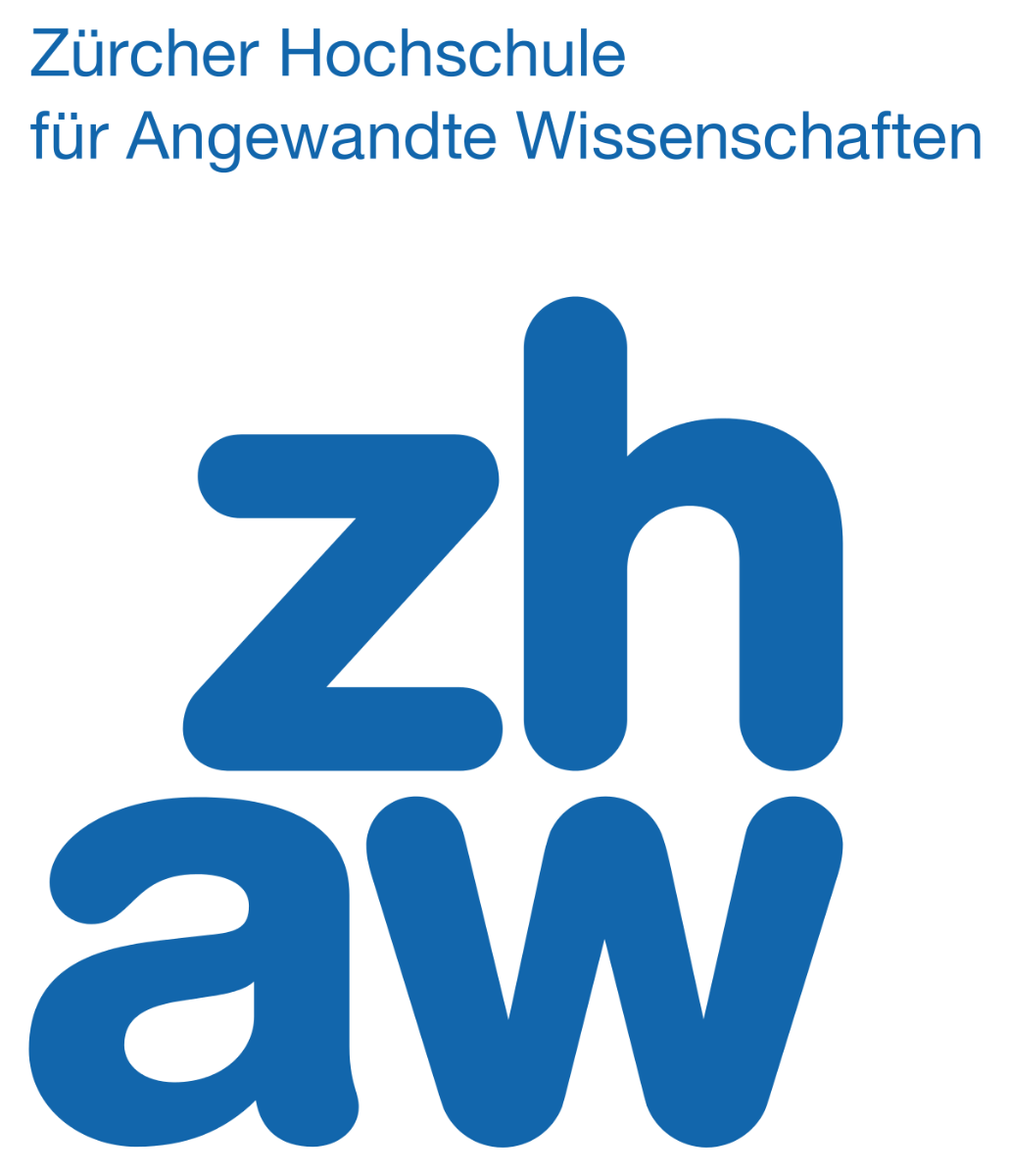
Zürcher Hochschule für Angewandte Wissenschaften (ZHAW)
With almost 11,000 students, 26 bachelor degree programs, 13 consecutive Master’s programs and a broad range of continuing education courses, the Zurich University of Applied Sciences (ZHAW) is the largest multidisciplinary university of applied sciences in Switzerland. ZHAW has a long engineering pedigree and it is no coincidence that School of Engineering is the largest school in the institution. The Institute for Information Technology (InIT) is the largest research institute within the School and the InIT Cloud Computing Lab (ICCLab, http://blog.zhaw.ch/icclab) is the largest group within the institute comprising of 25 people (4 faculty, 4 Senior Researchers, 5 Researchers, 10 students at different levels and 2 support staff).
ICCLab is at the forefront of cloud computing research and performs applied research across the entire Cloud Computing technology stack and value proposition. Having an applied focus, a key motivation for ICCLab is to transfer knowledge, skills and technology to industry; key to this is the lab’s Research Approach which comprises of three driving principles – Strong Scientific Foundation, Visibility and Impact, and Knowledge Transfer.
The members of the lab embody a mix of skills and experiences ranging from classical academic research skills to industrial research lab experience to experience in the startup world at various levels. The lab has a strong focus on Open Source software and considers this to be an important dimension of its output as well as classical research papers.
The lab has very strong international profile both in terms of its constitution (11 nationalities in 25 people) and its connection throughout both Europe and further afield. It has a very extensive network of connections at both national level, European level and intercontinental level, having concrete nationally funded projects with Swiss partners (e.g. Exoscale, Citrix, SafeSwissCloud and others) as well as large EU-funded projects (FP7 FI-WARE, FP7 MCN, FP7 T-Nova, FP7 GEYSER, H2020 SESAME etc.)
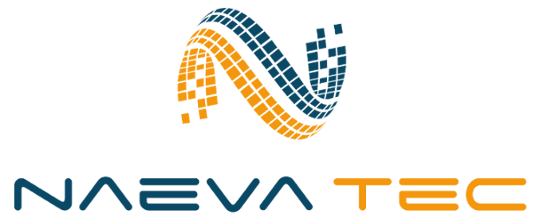
Naevatec (NAEVATEC)
Naevatec is a young start-up created in 2010 by 3 professors of Universidad Rey Juan Carlos and Universidad Autónoma of Madrid. Professionals at Naevatec have a wide expertise in software based on telecommunications infrastructure, including messaging systems, communication protocols and particularly the management of real time multimedia contents on mobile technologies. The company is currently leading the exploitation of the Kurento initiative (http://www.kurento.com), a software platform enabling developers to create multimedia communication applications based on Java. The current core business of the company is focused on offering services and applications based on Kurento. Naevatec’s management team has more than 20 years of professional experience within the ICT and R&D sectors both as entrepreneurs, in large companies and academia carrying out R&D responsibilities. Along this period, the team members have participated and managed activities in projects sponsored by Spanish national R&D programs, like: AFICUS or RAUDOS, and recently is also participating in projects FI-WARE and NUBOMEDIA of the seventh Framework Program.

IBM Ireland (IBM)
IBM Ireland is one of IBM's major sites in Europe, with the Ireland Software Group (Ireland Lab) having grown to 1,700 employees across three cities in Ireland. This growth of over 400% in 10 years is largely as a result of collaborations with domestic and European academia, government and enterprise. IBM Software Group is the largest middleware company in the world and the Ireland Lab’s portfolio reflects the company’s strategy for developing Enterprise Software for Fortune 500 companies, MLCs and SMEs. This suite of technologies includes MaSS360, IBM’s Tivoli Suite, Social and Collaborative Mobile Computing, Smarter Cities, Cloud Computing, Service Management, Data Warehouse, Industry Models and Analytics.
The Ireland Lab and wider IBM ecosystem are involved in a range of open source initiatives and chair a number of standards groups. Open source technologies that IBM have developed or co-developed include Eclipse, Node-RED, UML & Unified Process, Java Community Process, Apache Foundation, Mozilla, DRAM, MIME and Dojo to name but a few. IBM also has a dedicated global team dedicated to contributing and participating to standards including Ireland Lab associations with (but not limited to) OASIS Web Services For Translation and XLIFF, Unicode Consortium, Java Server Faces, HRXML, OpenNTF leadership and CKEditor. The Ireland Lab Innovation Exchange (IIX) has an overarching remit that intersects with each of the teams in the Ireland lab where appropriate. The IIX leadership are responsible for managing the Ireland Lab’s participation in joint innovation frameworks including Horizon 2020, ESCEL, ITEA etc. Within Ireland the IIX have a 100% track record in competitive R&D competitions, largely owed to a history of demonstrating commercial impact through jobs and employment growth via its collaborations. Combined with this commercial impact the IIX also has an interest in dissemination of its work where appropriate through publications, open-source, conferences and peer-review. The underlying remit of the IIX team is to ensure effective delivery of collaborative projects at the lab, connectivity of external project participants with the right skills, competencies and wider teams within the IBM worldwide teams. Additionally, the IIX work in close conjunction with the Ireland Innovation Centre that manages Ireland’s participation in the IBM Global Entrepreneurial program (GEP). The GEP has approximately 10,000 SME’s and partners that are less than five years in existence, circa 40% of which are based in Europe.

Relational (REL)
Relational Technology SA, founded in Athens, Greece in 1995 is a software integrator, specialising in Software Development, Integration, Web, Mobile and Cloud technology along with Wireless LAN and/or WiFi Network Systems Monitoring and Wireless Sensor Network (WSN) platforms, with substantial experience in the integration of the above mentioned solutions in security intensive environments.
Relational Technology SA offers leading IT solutions for Process Automation, Business Process Management, Business Intelligence, Datawarehouse, Data Mining, Data Collection, Management Information Systems and reporting, as well as product/project related services – requirement analysis, design of architectural and technical solution, installation, configuration, project management and technical support.
Relational Technology SA develops mission critical software assets for Financial Institutions, Government, Retail, Telecoms and SMEs, while in addition represents actively and exclusively a number of International software vendors and their respective product portfolios, namely SAP AG, Informatica SA, Microsoft, BMC Software and UC4. Relational Technology SA is since 2001 an SAP/BW Certified Partner specializing in the Business Intelligence offerings of SAP AG, and since December 2013 a Gold Partner of Microsoft for its competence in Business Intelligence.
Relational Technology, SA has evolved over the years from one of the most promising independent software vendors in Greece, to an International Software Developer & Integrator with offices in Albania and Romania and a client base all over Europe, Middle East and North Africa. Its strategy supports strongly its expansion to markets outside Greece with current intense marketing activities in Europe (especially Balkans), Middle East and North Africa. Relational Technology SA has an average annual revenue of € 12.000.000 the last three years and employs an average of 130 persons.
For over 10 years, the IT consultants of Relational Technology SA have matched appropriate technologies to business requirements through the employment of proven project management methodologies (PRINCE II and PMI guidelines), risk management methodologies (COBRA), IT systems development methodologies (scrum and kanban) and its delivery frameworks, SAFE™ (Solid Advanced Framework to Enable) and REWARD™ (Relational technology Warehouse Architecture for Rapid Deployment). Along with employing proven project management and delivery frameworks, the services of Relational Technology SA are certified with the international quality standard EN ISO 9001, since May 2003, thus consolidating its philosophy for quality services, continuous improvement and increasing satisfaction for both of its customers worldwide and its partners, at all levels. Having placed Quality on the top of its strategic orientations, acknowledging that it is the most essential factor that provides the competitive edge in all services, Relational has developed and implements a certified - Quality Management System. This Quality Management System was planned and developed in conjunction with all the critical management functions as reflected in the documented procedures and guidelines. The ISO 9001 certification demonstrates that its Quality Management System is comprehensive and in accordance to the internationally accepted quality standards. The total quality services and solutions offered arise from the integrated team approach and the total quality culture encountered in every day operations. Finally, Relational Technology SA is also certified with ISO 27001.
Consortium as a whole
Elastest consortium constitutes a coherent and complementary workforce designed for successfully achieving the project objectives. For doing so we require interdisciplinary profiles that include a wide spectrum of competences. As it can be seen in the Table 1, the ElasTest partners fulfill them.
| Competences | URJC | FRAUNHOFER | TUB | CNR | IMDEA | ATOS | ZHAW | NAEVATEC | IBM | REL |
|---|---|---|---|---|---|---|---|---|---|---|
| Software Engineering | ||||||||||
| Software development | ||||||||||
| Cloud computing | ||||||||||
| Machine Learning | ||||||||||
| Cognitive Computing | ||||||||||
| QoE evaluation | ||||||||||
| Big Data analytics | ||||||||||
| Runtime verification | ||||||||||
| Systems security | ||||||||||
| Continuous Integration | ||||||||||
| Vertical domain market knowledge | ||||||||||
| Explotation capability | ||||||||||
| Communication | ||||||||||
| FOSS community management |
Table 1. Competences provided by the ElasTest partners for executing the project.
Every partner contributes to ElasTest consortium with the following expertise:
- URJC: the involved researchers constitute a leading group in Europe in the area of FOSS applied to complex distributed systems involving communications. The fact that this group coordinates ElasTest reinforces the neutrality of the ElasTest community and contributes to its impact.
- FRAUNHOFER: the involved researchers are well know worldwide for its industrial activities and involvement in complex telecommunication infrastructures.
- TUB: the involved researchers constitute a leading group in Europe in the area of applied research for cloud infrastructures, software defined networks, and cloud technologies.
- CNR: the involved researchers are worldwide leaders in the theoretical foundations of Software Engineering for Testing. The group lead is one of the researchers with more citations worldwide.
- IMDEA: the involved researchers are worldwide references in the theoretical foundations of Runtime Verification and Systems Security, having also experience in knowledge transfer to industry.
- ATOS: the involved researchers bring all the deep market knowledge of ATOS to the consortium. ATOS is one of the major European software development and cloud provider companies.
- ZHAW: the involved researchers are European leaders in the area of cloud service orchestration being a reference group in applied research for cloud computing technologies.
- NAEVATEC: this SME brings to the consortium a deep market knowledge in relation to complex and distributed software systems for multimedia communications.
- IBM: the involved researchers bring to the consortium the deep industrial and market knowledge of IBM in the area of machine learning and cognitive computing systems.
- REL: this SME brings to the consortium deep market knowledge in relation to the management of large amounts of log data and its processing and analytics for extracting relevant information from it.
As it can be observed in Figure 1 and Figure 2, the consortium brings together the appropriate partner profiles for covering the whole value chain of complex systems testing going from the theoretical foundations of software engineering up to the vertical industrial application domains. Moreover, the consortium integrates all sensibilities and partner profiles with the appropriate balance of academia, research, large industries and SMEs.
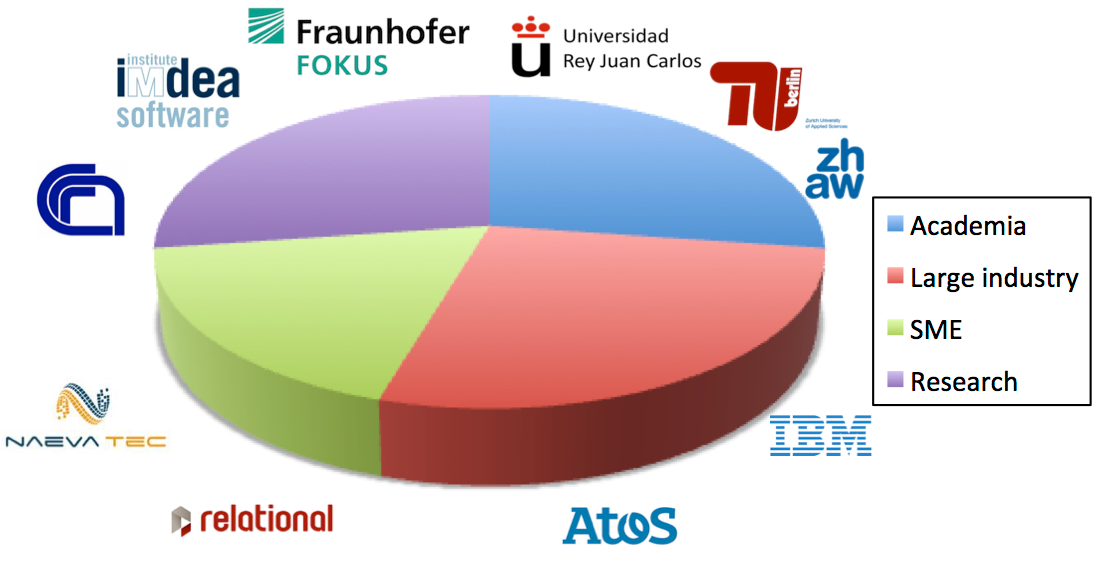
Figure 1. The consortium presents the appropriate balance of profiles as it includes 3 academic partners, 3 research institutions, 3 large corporations and 2 SMEs.
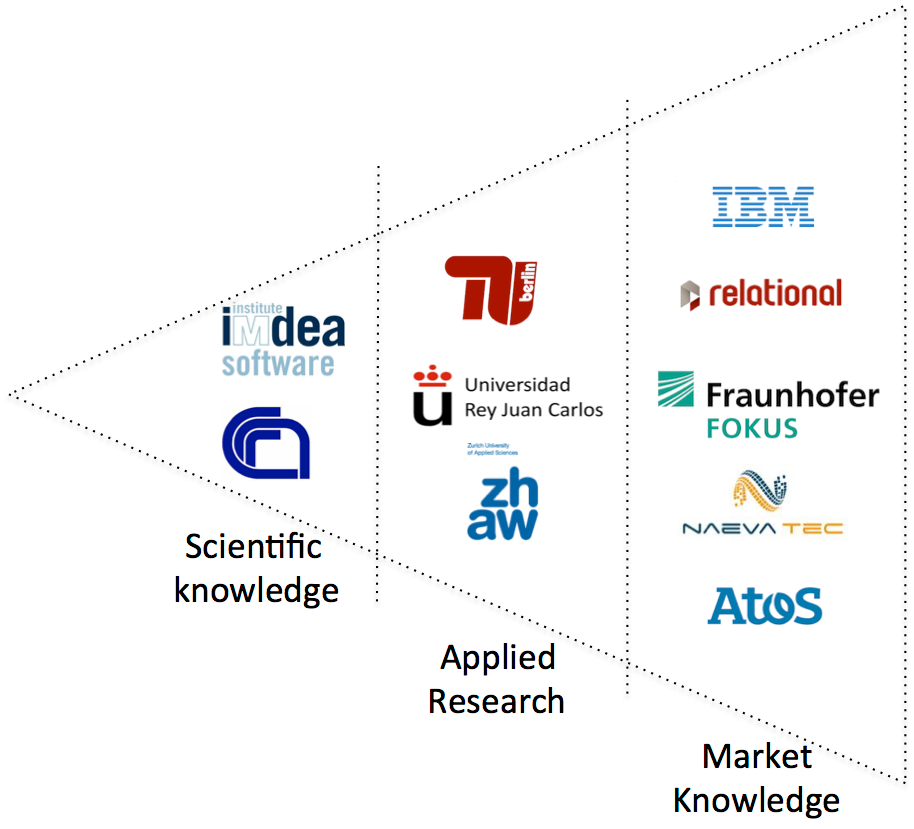
Figure 2. The consortium brings together the appropriate balance of knowledge including scientific knowledge, applied research and market knowledge.